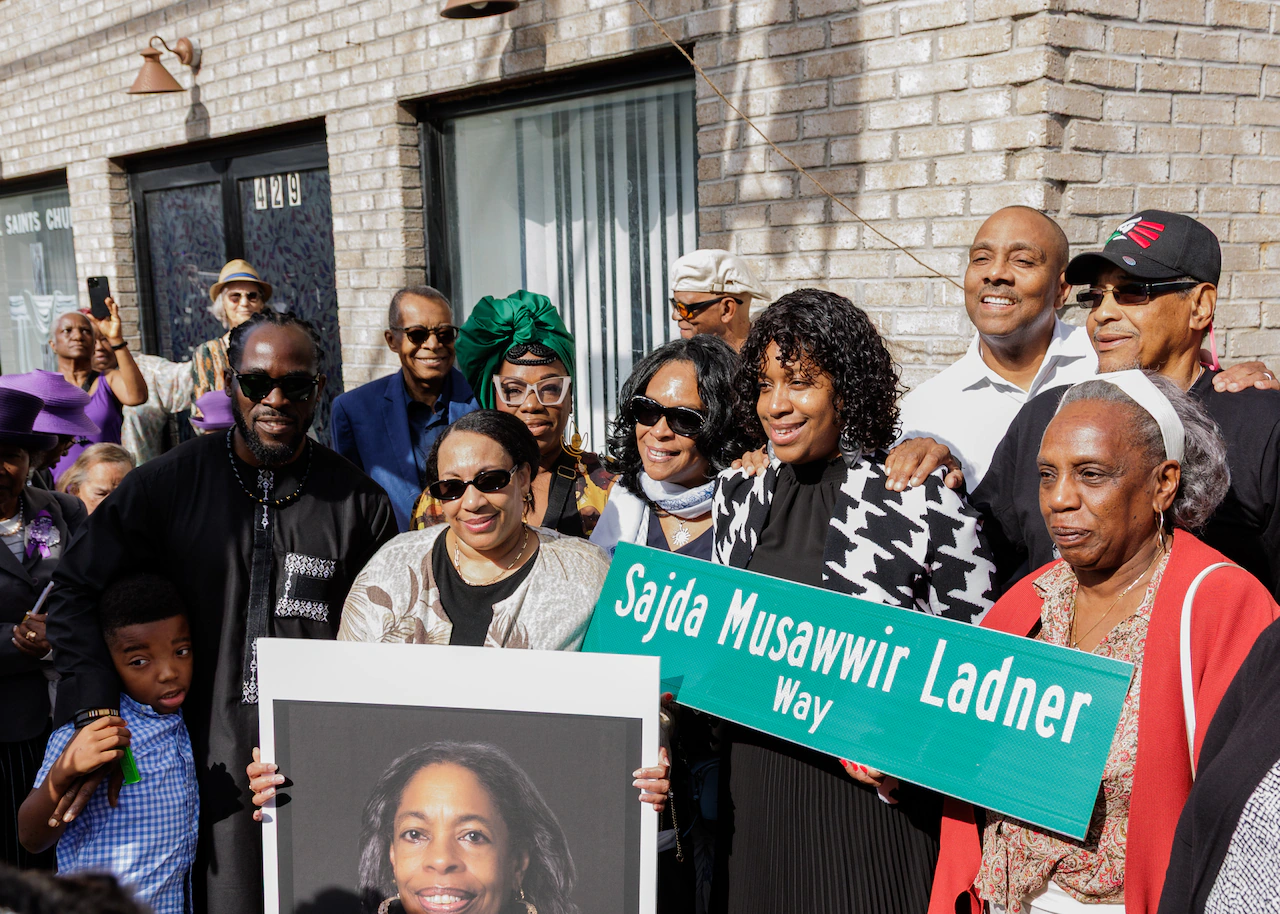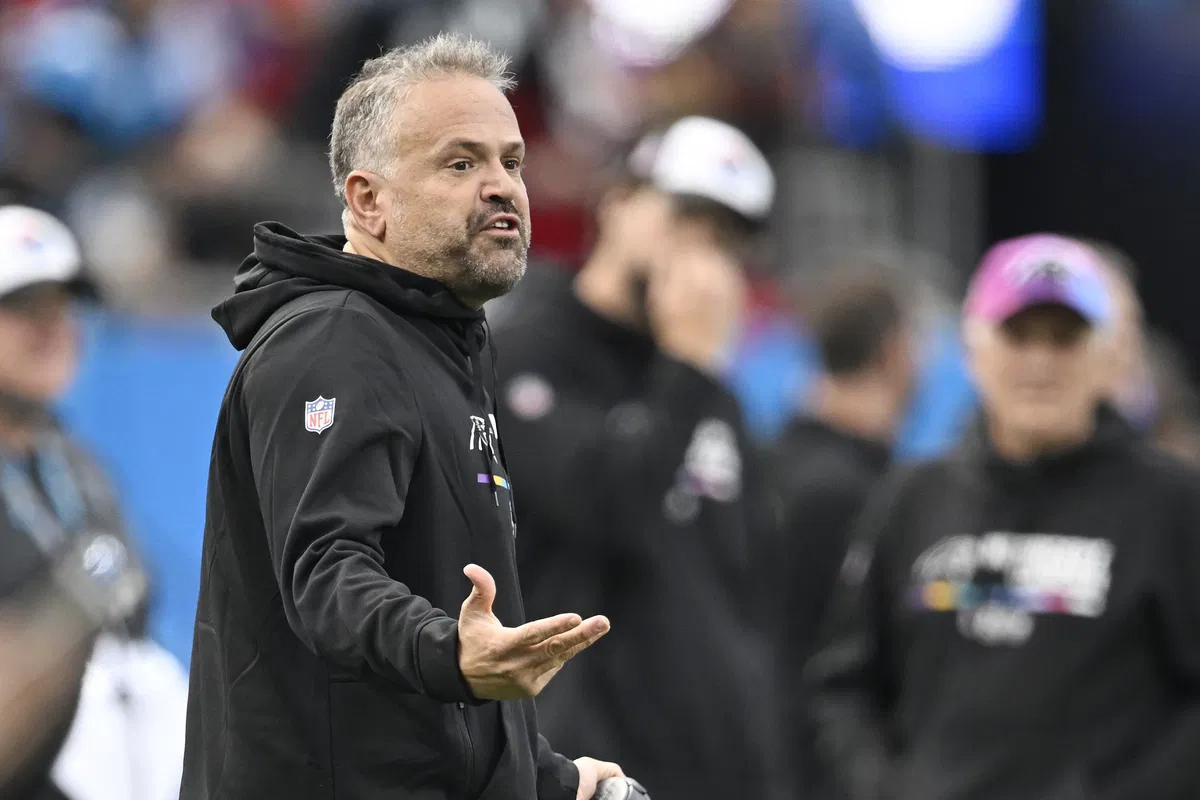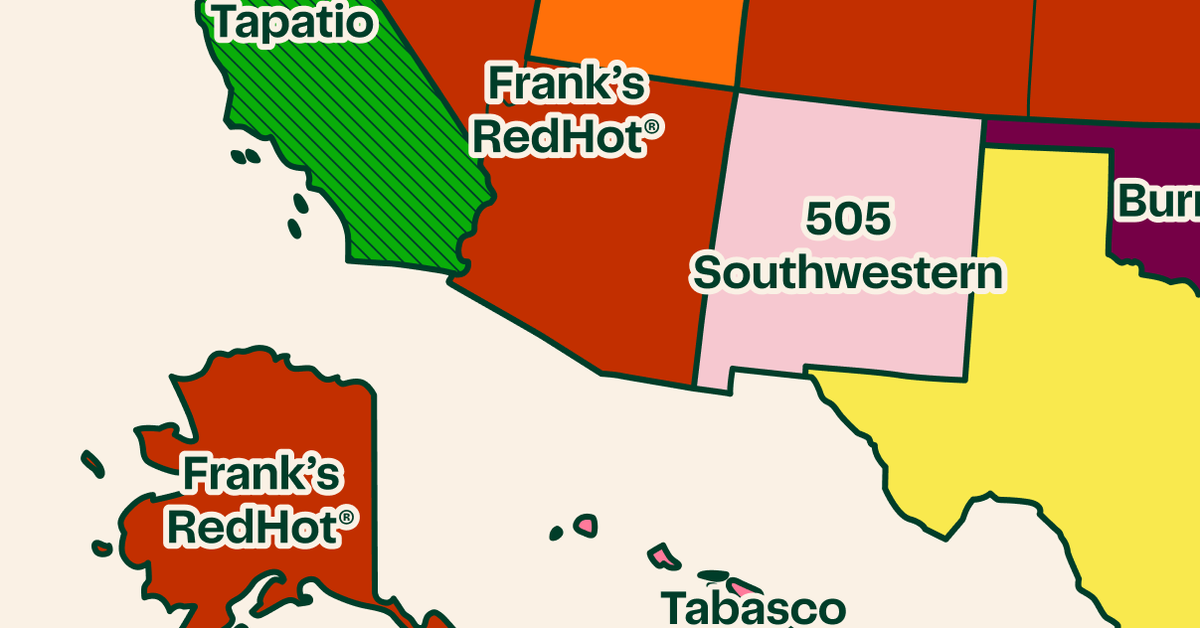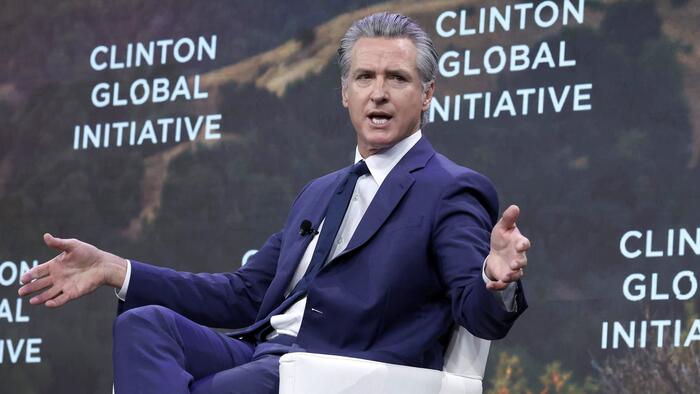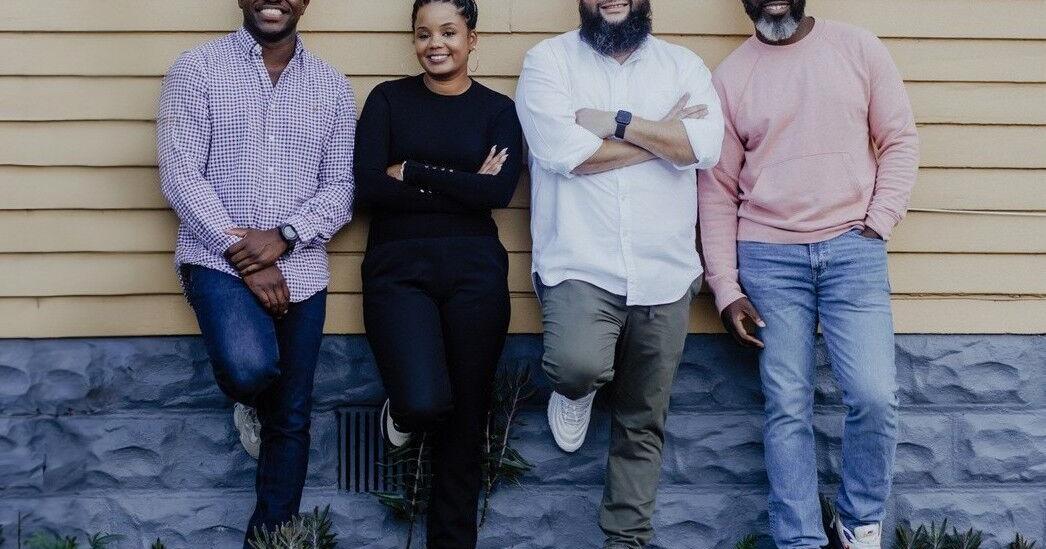
ŌĆ£What we noticed was that local founders here were being overlooked, not because their ideas werenŌĆÖt strong, but because they didnŌĆÖt ŌĆślook the partŌĆÖ compared to founders on the coasts.ŌĆØ
ThatŌĆÖs how Kwamena Aidoo describes the problem Corridor Ventures set out to solve when it launched in New Orleans in 2022. The young investment firm focuses on backing promising startups in the South at the very earliest stages, when raising money is often toughest.
Aidoo, who built a career in finance and private equity, teamed up with Kelli Saulny, a New Orleans native with deep roots in entrepreneurship and nonprofit support. Saulny helped grow CarolŌĆÖs Daughter, the beauty brand later acquired by LŌĆÖOr├®al, and worked at Camelback Ventures, which supported women and minority founders. Aidoo co-founded Cannon Capital, a $100 million fund, and earlier worked at major investment firms in New York.
Together, they created Corridor Ventures to bridge the funding gap in the region. The firm typically invests up to $500,000 in fields like health, climate and technology, while also offering hands-on guidance and connections to help founders succeed.
In this week’s Talking Business, Saulny and Aidoo discuss their strategy, the challenges they see for Southern entrepreneurs, and what it means to build a venture firm in New Orleans.
The following has been edited for clarity and length.
Why base Corridor in New Orleans?
Aidoo: All four of us who launched the firm ŌĆö Kelli and me, along with partners Jarrett Cohen and Adrian Mendez ŌĆö are from New Orleans or the South. We built careers elsewhere, then came back. What we noticed was that founders here were being overlooked, not because their ideas lacked promise, but because they didnŌĆÖt ŌĆ£look the partŌĆØ compared with entrepreneurs on the coasts. Investors often chase a familiar mold ŌĆö the next Zuckerberg, for example ŌĆö rather than evaluating each founder on their own merits.
When I returned in 2018, I started coaching founders, often through KelliŌĆÖs connections at Camelback. The talent was clear. The lack of capital was, too. That gap led directly to starting Corridor.
Kelli, what did you see on the ground when you worked with Camelback?
Saulny: I had spent years in New York, helping build a company that eventually sold to LŌĆÖOr├®al. So I knew what capital and networks could do for a young business. Coming home, I saw founders with terrific ideas tackling big issues ŌĆö whether in hospitality, culture, or water management. But too often, their work stalled because they didnŌĆÖt have the money or the relationships to take the next step.
One strength of Southern entrepreneurs is that theyŌĆÖre close to the problems theyŌĆÖre solving. That gives them insight and urgency. We wanted to provide the missing piece: funding, along with practical guidance.
How has fundraising gone since you launched?
Aidoo: We didnŌĆÖt rush. In 2022, we spent time traveling the South ŌĆö Atlanta, Raleigh-Durham, Birmingham, Tampa ŌĆö testing our theory that overlooked founders were everywhere. By 2023, we raised about $2 million from regional banks, family offices and individual investors, and made our first five investments, including two in New Orleans.
This year, weŌĆÖve been raising a $30 million flagship fund and have closed about $3.5 million so far, including some institutional backing.
Our local portfolio includes Ingest, a restaurant technology company thatŌĆÖs grown from under $300,000 in annual revenue to more than $2.5 million, and Obatala Sciences, which develops alternatives to animal testing. Those companies show the potential here when capital meets talent.
Some local incubators have been criticized for a lack of diversity. WhatŌĆÖs CorridorŌĆÖs perspective?
Saulny: I canŌĆÖt speak for every group, but for us, diversity is a natural outcome of where we operate and who we are. Our networks are broad, so we see a wider range of founders. That makes our portfolio more reflective of the South.
Aidoo: Exactly. We donŌĆÖt have a mandate around race or gender, but we also donŌĆÖt fall into the trap of backing the same kind of founder over and over. ThatŌĆÖs both a responsibility and an advantage.
What more could New Orleans and Louisiana do to support this ecosystem?
Aidoo: Collaboration is critical. IŌĆÖm encouraged to see groups like Idea Village, Momentum Fund and Nexus Louisiana beginning to work together. But we also need more local capital at the table. Too much wealth here sits on the sidelines, flowing into private deals instead of startups. If more of that money supported early-stage companies, weŌĆÖd build a stronger funding pipeline.
